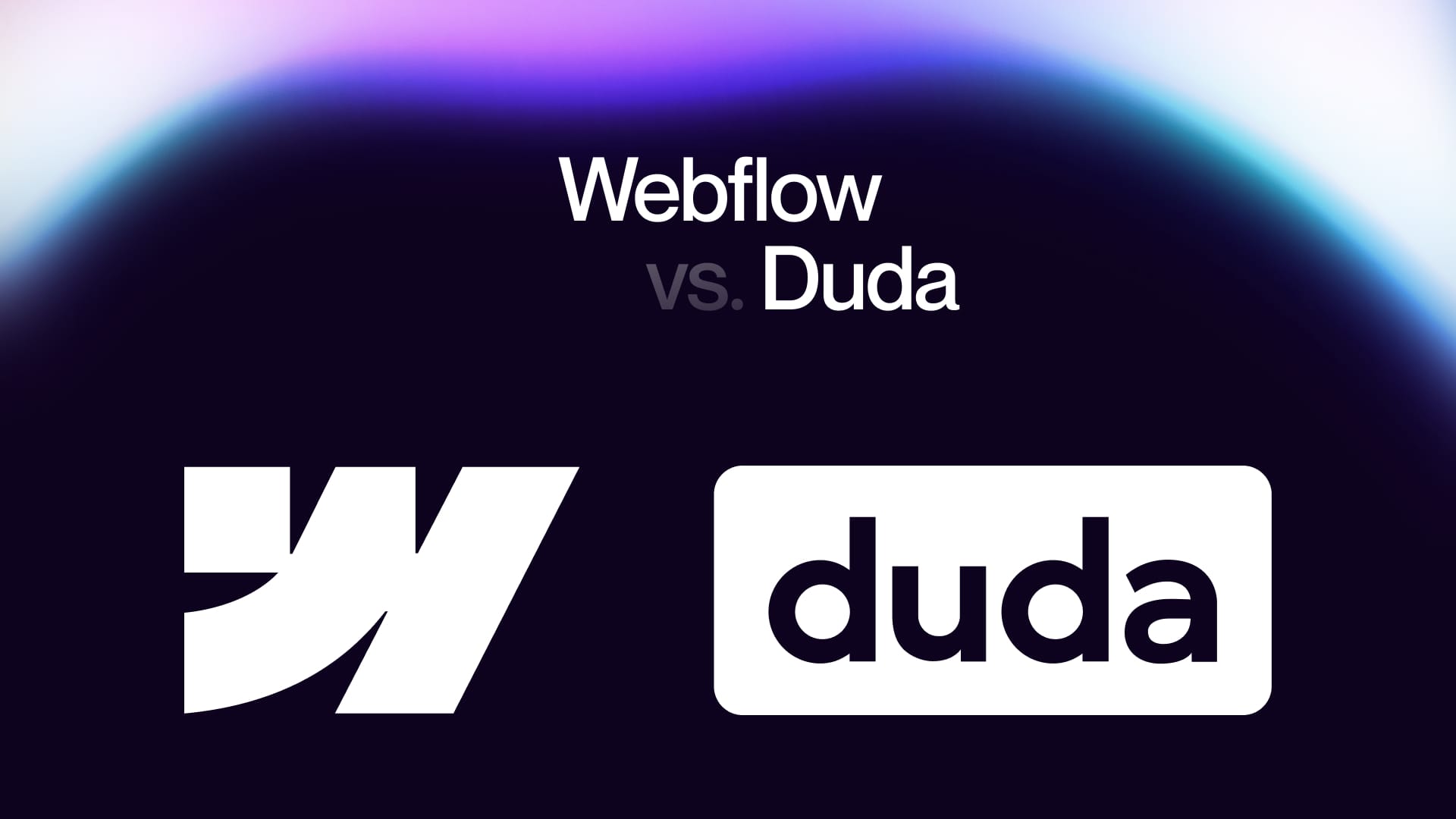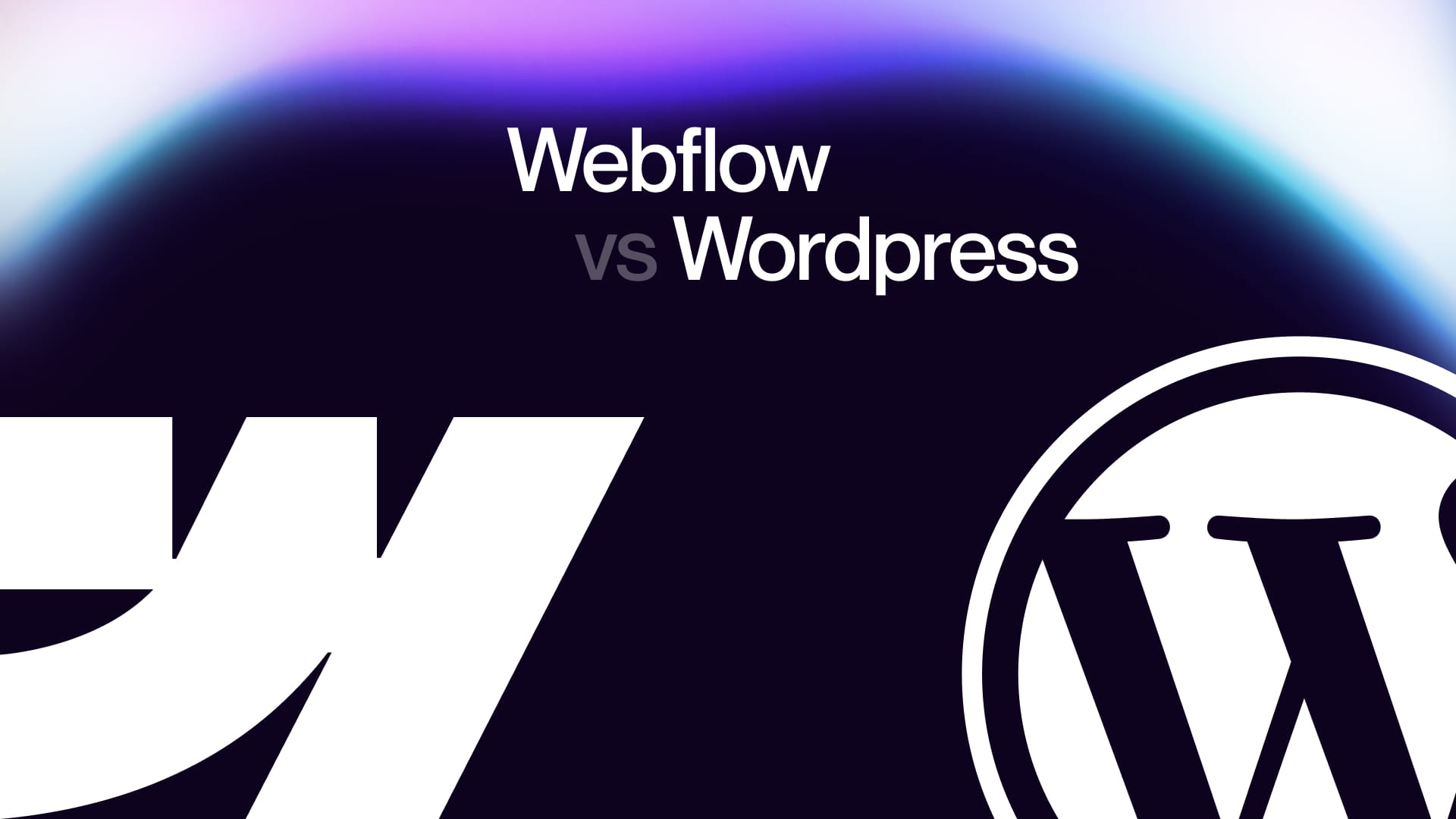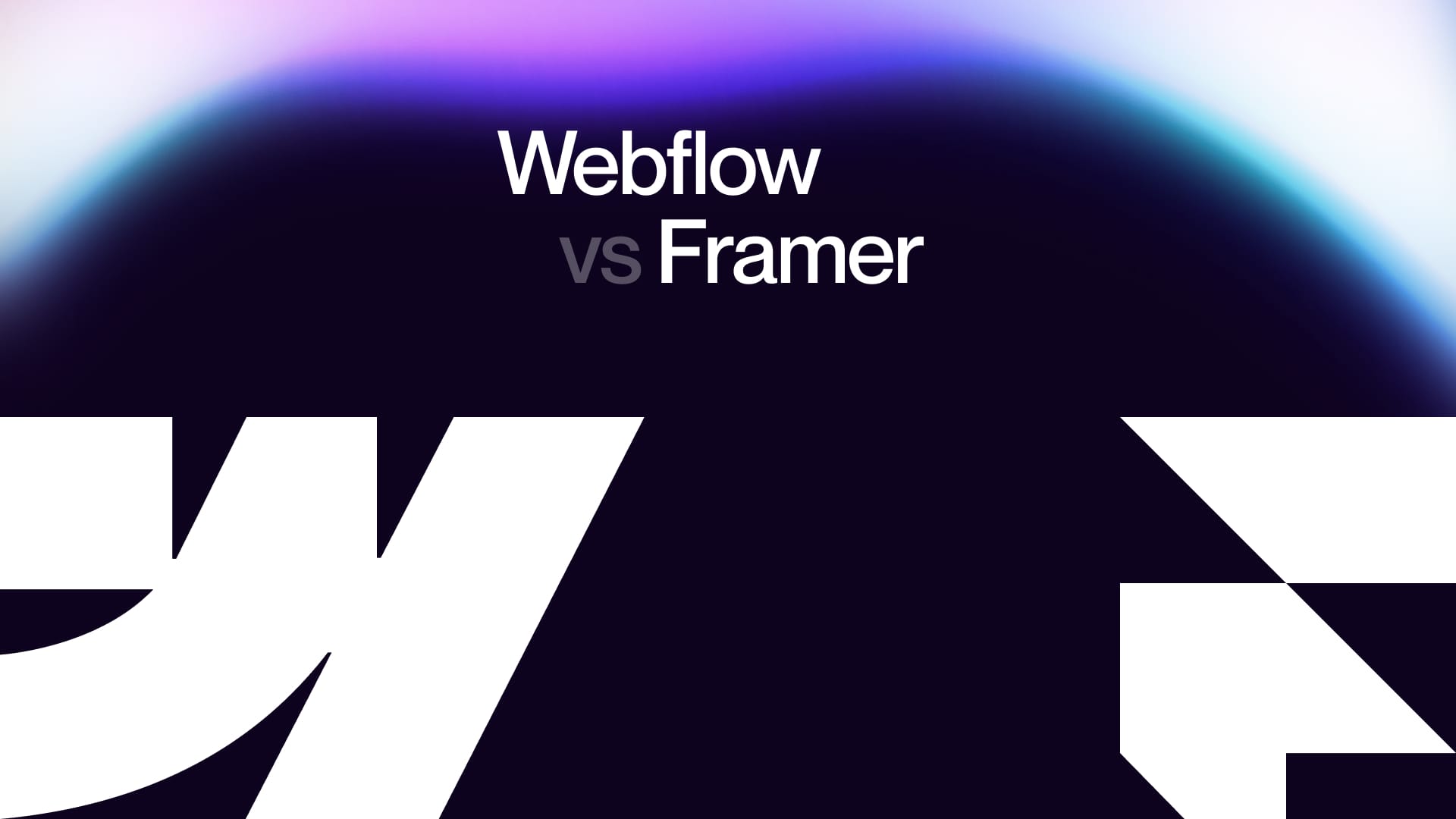Choosing the right platform to build a website can make or break your business success in 2024. In today's digital world, having an impressive online presence is simply not enough, you will need to go one step further.
A powerful website that meets high standards is crucial to achieving grandiose success. It's like choosing the right tool for building a house. Without the right tool, you won't achieve the desired outcome, and your house won’t be good.
So, it's essential to select the right platform to build a website that aligns with your business objectives.
Today, we'll be comparing two powerful platforms for website building - Webflow and Duda.
Our analysis will cover their similarities, differences, strengths, and weaknesses, which will help you make an informed decision if you're trying to choose the best website builder.
Why Is It Important To Choose The Right Website Builder?
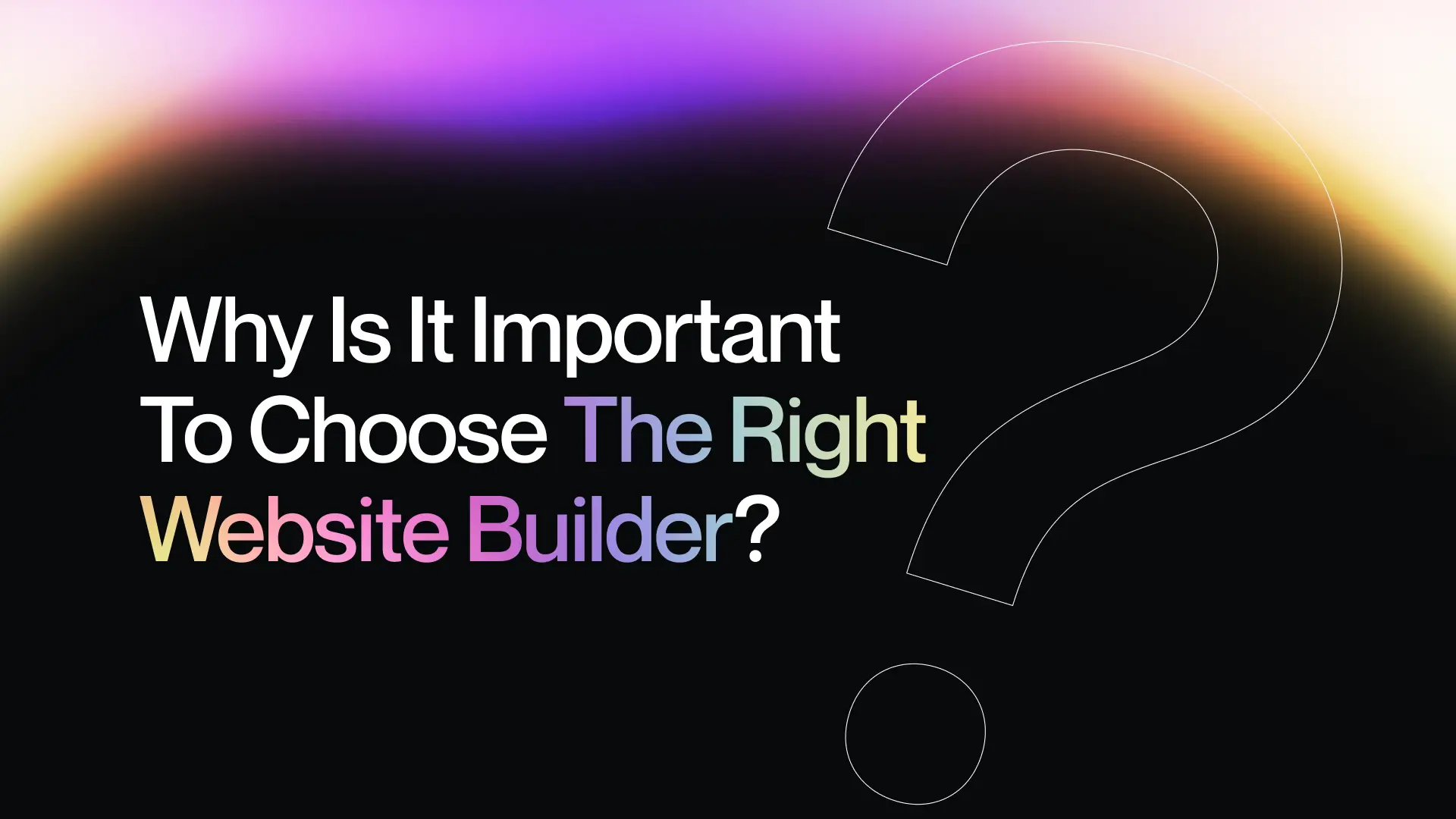
Choosing the right platform for your website is crucial. Imagine having a beautifully designed website that takes ages to load, or worse, doesn't even show up properly on mobile devices.
Aesthetics are important, indeed, but poor functionality can be a major turnoff for potential customers. That's why it's essential to go with a website creation platform that meets all your business needs and criteria.
Doing so will help you create a website that looks great and performs even better. To fully grasp the importance of selecting a reliable website-building platform, it's essential to recognize that digital trends are constantly in flux.
Therefore, you must choose a platform that can keep up with the latest updates in web development, SEO, and web design. This will ensure that your website remains current and can compete in the highly competitive online space.
Whether you pick Duda or Webflow - the chosen platform mustn't hold you back from the ever-evolving digital directions.
What is Webflow?
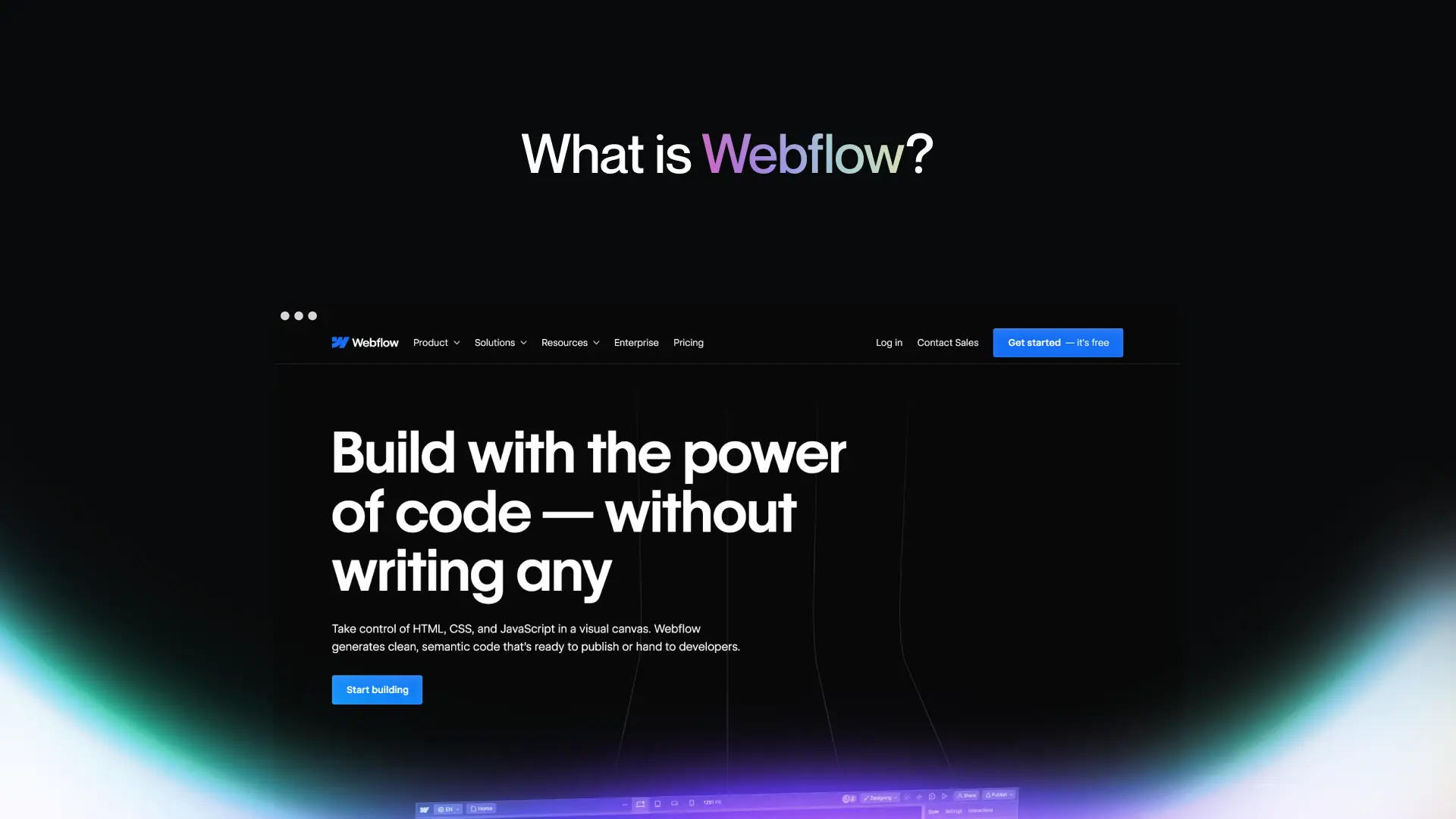
Webflow is a website builder that unleashes the ultimate power of no-code website building. It's popular because it empowers users to design, build, and launch stunning websites with minimal effort - without having to write a single line of code.
With Webflow, elements can be manipulated directly on the page, providing users with real-time visualizations of their designs. The Webflow platform also offers an option to export clean, well-structured code.
Moreover, Webflow includes a built-in CMS for easy content management, ensuring responsiveness across all devices, facilitating e-commerce functionality, and providing a library of pre-built templates.
Ultimately, Webflow empowers users to unleash their creativity and build dynamic websites that reflect their brand and captivate their audience. It's a game-changer in the world of web development.
What is Duda?
.webp)
Duda is a website builder that stands out for its emphasis on both creative freedom and efficiency. Like Webflow, Duda offers a visual drag-and-drop interface, which allows users to customize their websites without needing to know how to code.
Duda provides a global content delivery network (CDN), which ensures that websites load quickly and efficiently around the world. This enhances user experience, and it may also improve search engine rankings.
Additionally, Duda provides seamless e-commerce integration, intuitive content management, dynamic page creation, collaboration tools, white-labeling features, and AI-powered content assistance, which is in high demand nowadays.
In general, Duda empowers individuals and businesses to create professional, high-performing websites efficiently, making it a standout choice among website builders.
Duda vs Webflow: In-Depth Comparison
Even if both Webflow and Duda are two exceptional platforms for website development, it's time to make a decision. To determine which platform would be the best fit for your business, we will take a closer look at the 7 fundamental criteria.
1. Webflow vs. Duda - Pricing
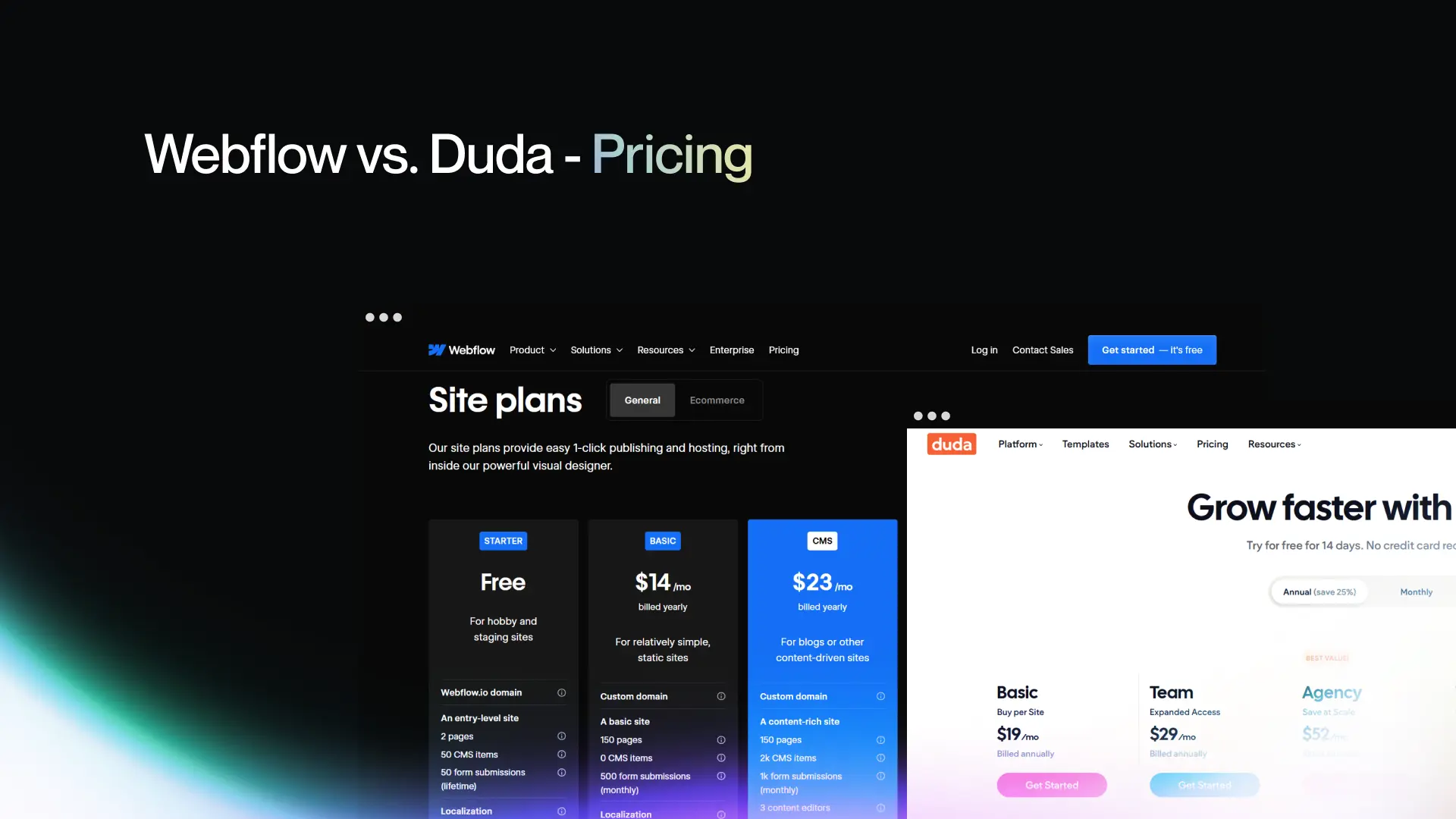
When it comes to the cost, both Webflow pricing and Duda’s price offer per-site billing options. However, Webflow's starting price is $14/month (Basic), while Duda's is $19/month (Basic).
The price is increased proportionally so, the more features you add, the higher the price for both platforms.
2. Webflow vs. Duda - Learning Curve
When we talk about the ease of use, Webflow’s learning curve requires more technical knowledge and design experience and, therefore, is a little more challenging to learn. Despite a more demanding learning curve, Webflow offers more flexibility and control.
Duda, on the other hand, is more user-friendly and has a drag-and-drop interface, which makes it easier to learn but less customizable which can lead to limited usage.
3. Webflow vs. Duda - CMS
.webp)
In terms of content management systems, Webflow is extremely flexible and scalable for complex websites and supports custom fields and dynamic content.
Duda's CMS features are more basic, making it more suitable for blogs and simple websites, as well as moderately scalable for medium-sized websites.
4. Webflow vs. Duda - Design Flexibility
Webflow offers unparalleled design freedom with full customization through code, while Duda offers a wide range of templates and design options within the interface.
Going further, Webflow requires more technical know-how, while Duda is easier to use but less design-flexible than Webflow.
5. Webflow vs. Duda - SEO
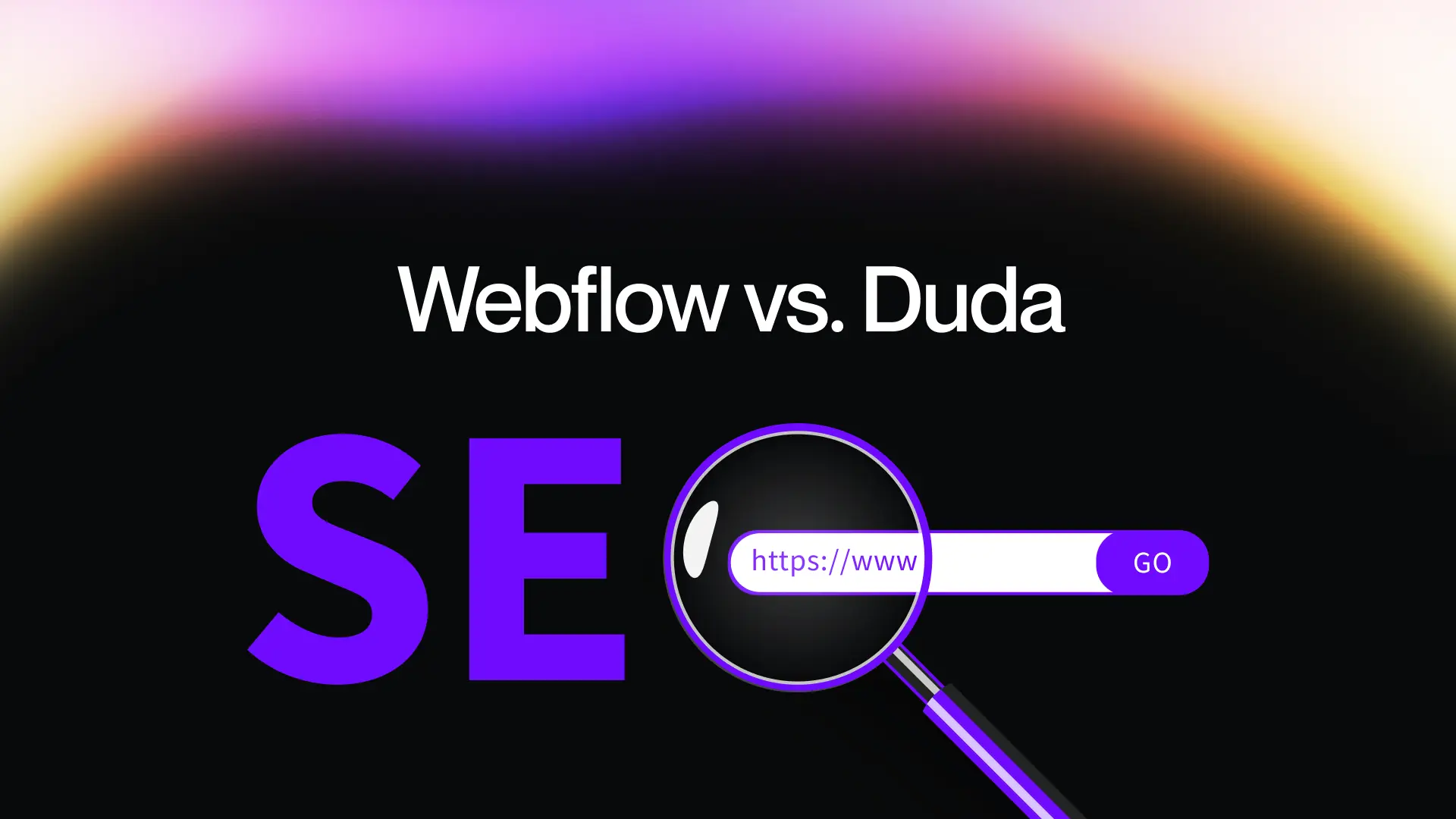
Webflow's SEO potential comes from a clean code structure that is great for advanced search engine optimization. Plus, Webflow has a great SEO plugin option that makes the optimization process much easier.
Duda offers basic SEO tools that are mobile-friendly and have fast loading times. Compared to Webflow, it has less control over the technical aspects of search engine optimization.
6. Webflow vs. Duda - Integration and Scalability
When it comes to integration and scalability, Webflow is highly scalable for large websites and complex projects. Webflow also integrates with various third-party services and Zapier.
Duda on the other hand, offers fewer native integrations but can be integrated with Zapier and is moderately scalable for medium-sized websites.
7. Webflow vs. Duda - Customer Support
.webp)
Webflow and Duda both provide extensive customer support options, such as live chat, email, knowledge base, and forum support. Duda, however, stands out by offering phone support as well.
Conclusion
In conclusion, both Webflow and Duda are impressive website builders with unique strengths and weaknesses.
While Webflow offers more flexibility and design freedom, it requires more technical knowledge and has a steeper learning curve.
On the other hand, Duda is more user-friendly which makes it ideal for businesses looking for a quick and easy solution.
Ultimately, the choice between Webflow and Duda depends only on your specific business needs and objectives.
